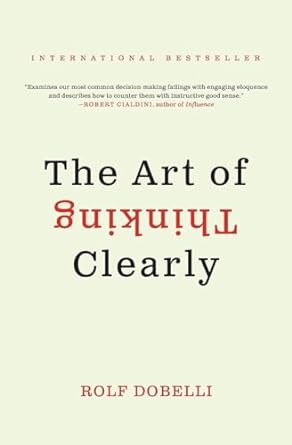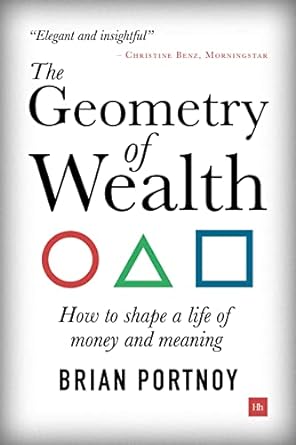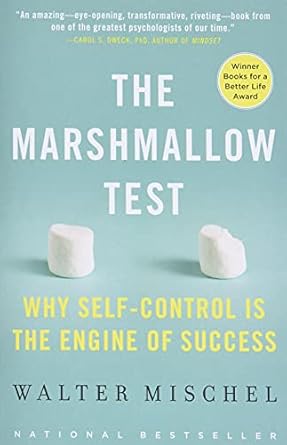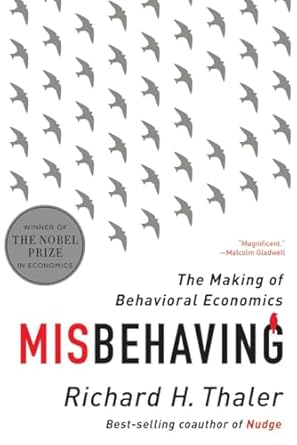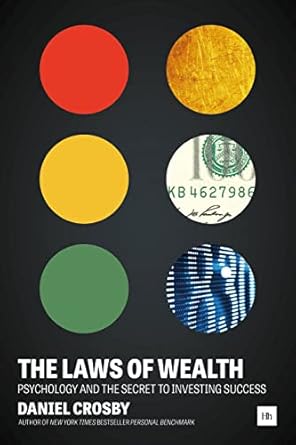Hyperbolic Discounting
Also known as Time Inconsistency or Present Bias. We tend to value the present more than the future. This can influence our decision making and motivations. In evolutionary terms this makes sense: uncertainty over the future makes instant gratification logical. But this kind of thinking can be harmful in the long run.
Key Insights & Principles
Decision Making
Insights:- We value the present more than the future, and it impacts our decision making.
- The consequences of bad habits are generally in the future, but we are rewarded in the present.
- Evaluate and place high focus on the future consequences of present actions.
- Avoid immediate impulses.
Personal Finance
Insights:- We tend to overspend and under-save in the present because we value it more than the future.
- Take a long term view.
- Analyse the future opportunity costs of financial decisions in the present.

